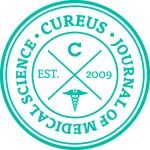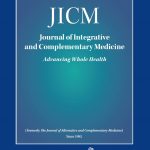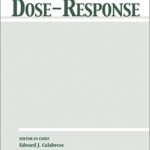Edzard Ernst
Homeopathy, non-specific effects and good medicine
Rheumatology, 2010, doi: 10.1093/rheumatology/keq265
In this issue, Brien et al. [1] report the findings of a five-armed randomized controlled trial, which was aimed at differentiating between the effects of homeopathic remedies and patient consultations. The authors demonstrate that homeopathic remedies are placebos and show that ‘the benefits of homeopathy are attributable to the consultation’ [1].Critics of homeopathy have always pointed out that homeopathic remedies are so highly dilute that they must be devoid of specific therapeutic effects. They are biologically implausible [2], and the ∼150 published trials collectively fail to indicate clinical effectiveness [3]. At the same time, we know from several observational studies (e.g. [4]) that patients do improve after consulting a homeopath.Proponents of homeopathy insist that this is a contradiction. Moreover, they claim that the clinical trial is an inadequate research tool for testing their treatment (e.g. [5]) and that therefore the true picture is provided by the observational data (e.g. [4]). But the much more logical conclusion is what Brien et al. [1] have now demonstrated experimentally: patients benefit from a long and empathic encounter with a homeopath but not from the remedy.







